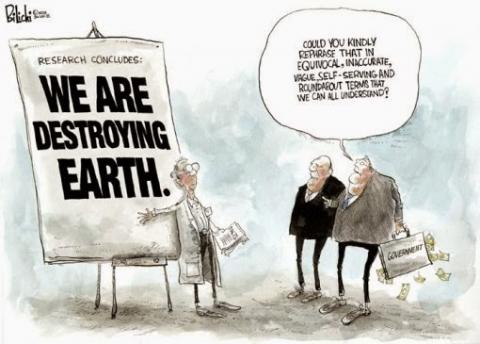Capitalism and Jobs

Bringing jobs back to America seems like this necessary solution to an impending economical problem, but, when we look closer, we see that it is all an illusion.
Jobs. Everyone needs a job to get money to pay bills - everyone needs a job to be a useful member of society. We take it for granted that it is all going to balance out in the end, and so we work, get paid, and pay our dues. Over time, technology has made everything more efficient and soon we were making hundreds of products in the same amount of time and with the same amount of money it would have taken to make a single product.
Manufacturers can now downsize their labor force by thousands of jobs and save themselves money in the process. This is not wrong, or evil, this is just good business and maximizing profits. It is no different than when manufacturing plants are set up over seas. Corporations save tons of cash on taxes, labor, regulations, etc. by setting up in another country, so, being the good capitalist people that these corporations are, they do whatever makes them the most profit. And of course they should, I mean, how ridiculous would it be to hire three thousand workers to tighten a screw over and over just to keep them from losing their jobs to a robot, who could do the same job faster, cheaper, and more precise.
So, we hire the robots and fire the people. We then send even more jobs over seas. If you do the math, you will see that in the near future there comes a point where general labor jobs are not generally needed as a result of robotic automation expanding through all industries. There won't be a need for 90% of the population to do anything in particular to sustain society. So... are we supposed to just give them a bunch of busy-work-jobs, just to keep them employed somewhere?
It has gone on long enough that people are duped into believing that there isn't enough resources on this planet to sustain its inhabitants, and therefore we must make this monetary system to root out the slackers and reward the hard workers and thinkers with our limited resources. But, there is plenty to go around, and as automation is accepted in more and more industries, the abundance will be even more apparent.
Now, our government officials are propping themselves up with promises of "jobs" and more prosperity, but very few are addressing the underlying issues that cause the hardships that men and women are feeling today. People do have jobs, and still cannot afford to live well. Some people work very hard and very long hours, but since their job is hourly, or their sales-reach is a modest locality, then they can never really make enough earnings to be comfortable taking any time off to spend time with family. And then you have other professions, where people sign some papers, move some currency, or just have the right last name, and they make millions.
Many argue that capitalism is necessary for progress. I agree that under capitalism, there has been some progress. I also see many areas where progress is stunted or altogether halted in pursuit of keeping business success to the status-quo.
Its simple really: Those in power have the most influence. If those in power had their way, they wouldn't need to change anything, they are already in power! For example, the oil industry won when the auto industry chose the internal combustion engine as opposed to the electric motor. As the technology got better, and research started to show negative effects of fossil fuels, electric cars became a feasible alternative. After a few more gains in solar power and battery efficiency, electric cars are able match or out-perform their gasoline counterparts. So, why don't the oil companies get on board and start making electric cars, and investing in solar power research and development?
One might chuckle at the thought of Exxon building a solar-powered motor that runs forever on the power of sun-light. That is the conundrum.
Who better to create the next new wave of self-contained recycled closed-system solar-hydro combustion turbine motors that never need anything but a little love. Oil companies have the most money, the best equipment, and they are already established on every corner, so if anyone could make a nationwide or worldwide transportation infrastructure change - they could. But why would they? They already have all the money anyone could want, and they still take government subsidies, and then turn around and cut costs on safety equipment and end up with a gushing oil spill.
The motivation is to lock people into a recurring payment, like putting gas in your car every week, instead of making the best, environmentally friendly and most inexpensive transport. Again, this is simply good capitalism, called planned obsolescence, where you make a product or product part that will fail and need to be replaced regularly, like a light bulb, car battery, or air filter. One might wonder if the motivation wasn't on profit, would we really be driving gasoline cars?
And if the motivation was off Money, what would it be? and what would jobs look like?
The point is, Capitalism would have us constantly raising the prices, but not the wages and that math doesn't add up for most of us.
